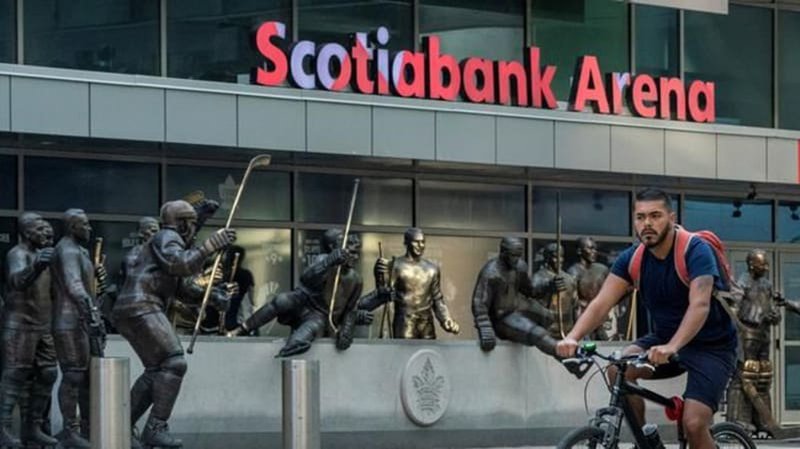
Toronto Mayor John Tory says NHL has ‘incredibly detailed’ plan for hub cities
TORONTO — In the aftermath of reports that his city will join Edmonton as hubs for the NHL’s resumption of play, Toronto Mayor John Tory said he was impressed with the league’s plans on Thursday.
Speaking at his daily COVID-19 press conference, Tory said the NHL’s proposal works for Toronto.
“They had incredibly detailed disinfection and health protection measures that were in place even within the bubble to make sure they covered every angle they possibly could from the standpoint of making sure they met our public-health objectives. At least it would appear that way from what I saw,” Tory said.
Multiple media outlets reported Wednesday that barring last-minute complications, Edmonton and Toronto have been chosen as hub cities for the NHL’s resumption of play, which is expected to begin later this summer.
